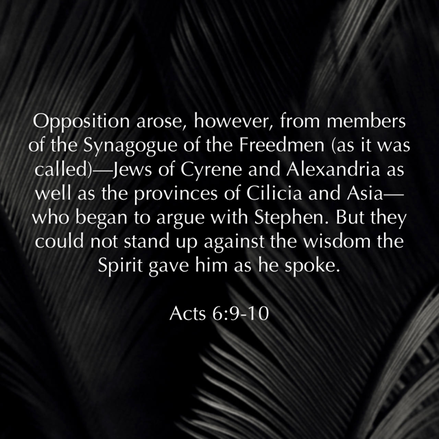|
Good morning!
We're so glad you decided to join us today!
When we meet in person, we take some time to share our joys and concerns together. If you have any prayer requests to share, please include them in the comments on this post, or let someone at the church know. When you are ready, please use the prayer below (source) to get started.
Father God, we gather here today under your care and protection. Thank you for your lovingkindness that never fails us. We thank you for those with us, that you would guide our thoughts and actions to bring you glory. Strengthen us and fill us with your peace. May we love and serve each other as Jesus has shown us. Fill us with the Holy Spirit to do your good work on earth. Amen.
Today's lesson is on Luke 15:11-24.
What is the meaning of this parable? The character of the forgiving father is a picture of God. In the story, Jesus identifies with God in His loving attitude toward the lost, symbolized by the younger son. The older brother represents the self-righteous. The major theme of this parable is restoration of a believer into fellowship with the Father. The father waits and watches eagerly for his son’s return. In this story we see the graciousness of the father overshadowing the sinfulness of the son. It is the memory of the father’s goodness that brings the prodigal son to repentance.
Although asking for his share was perfectly within his rights it is not a loving thing to do. It implied that he wished his father dead. His inheritance would have been ½ of the older brothers, which is roughly ⅓ of the entire estate. Like the younger son, we all possess a foolish ambition to be independent. This son learned the hard way that covetousness leads to a life of dissatisfaction and disappointment. He also learned that the most valuable things in life are things we cannot buy or replace. In the foreign land, the son squanders al his inheritance on selfish, shallow fulfillment, losing everything. he finds himself in the detestable job of feeding pigs. Even these unclean animals were better off than he was. The results of sin are never pretty. He begins to see his father in a new light and Hope begins to dawn in his heart. He longs to return to his father. His plan is genuine repentance. “I am not worthy to be your son.” When the father sees him, he runs to him, embraces him and kisses him. The father does not question or lecture him. He joyfully forgives him and receives him back into fellowship. God’s heart if full of compassion for His children: He stands ready to welcome returning dimmers back with joyous celebration. The son is transformed into the guest of honor in a rich man’s home. The actions of the father show us that “the Lord does not treat us as our sins deserve of repay us according to our sins. Instead of condemnation there is rejoicing for a son who “was dead and is alive again; he was lost and is found.” The tragic character in the parable is the older son. He becomes angry and refuses to go into the house. His words and actins reveal hid relationship with his father was based on works and merit. He despises his younger brother as deserving. He does not understand grace and has no room for forgiveness. Grace toward his brother makes him angry. He thinks the brother does not deserve a party and disowned him as a brother. Grace and acceptance is beyond his understanding. His focus was on himself and his own service; as a result, he had no joy in hid brother’s return. He had allowed bitterness to take root in his heart to the point that he was unable to show compassion toward his brother. The older brother - and the religious leaders of Jesus’ day - failed to realize that “anyone who claims to be in the light but hates his brother is still in the darkness. Whoever hates his brother is in the darkness; he does not know where he is going, because the darkness has blinded him” (1 John 2:9-11). This story is one of the most beautiful pictures of God’s grace. God is ready to forgive. He will save the contrite, not by works but by His grace, through faith.
Prayer
Heavenly Father, you are loving, merciful and kind. We rejoice that you accept us into your family and love us. Help us reveal your kindness and generosity to others. In Jesus’ name. Amen.
Benediction
This week's benediction is from the New International Version.
Next week's lesson will be on Matthew 18:1-9.
0 Comments
Leave a Reply. |
AuthorWe are a small, rural Presbyterian church in southwestern Pennsylvania. Archives
July 2024
Categories
All
|



 RSS Feed
RSS Feed